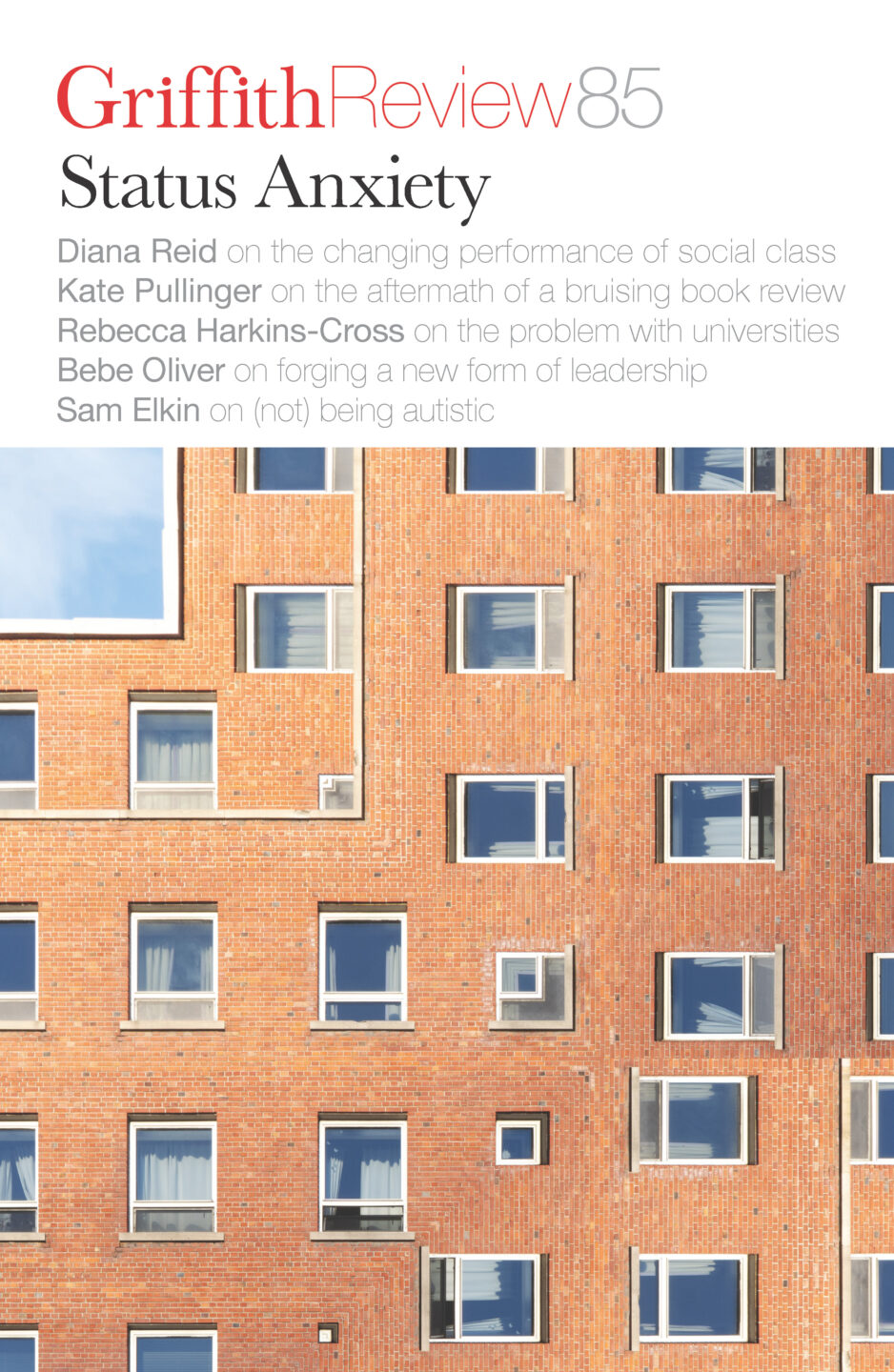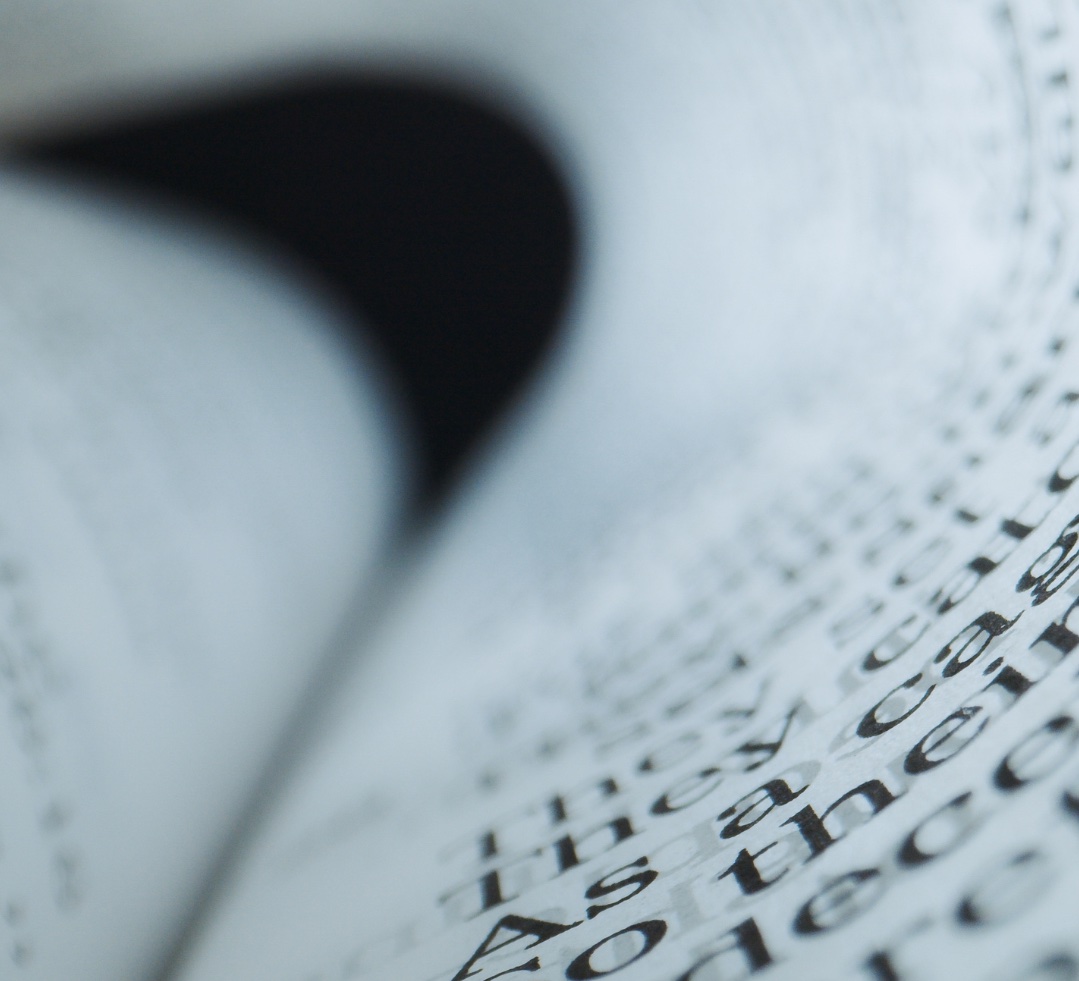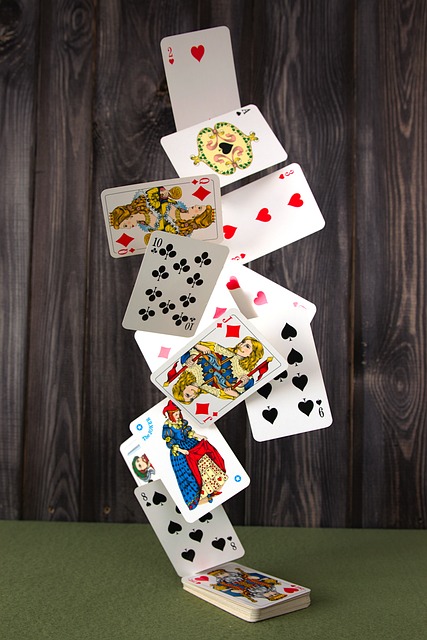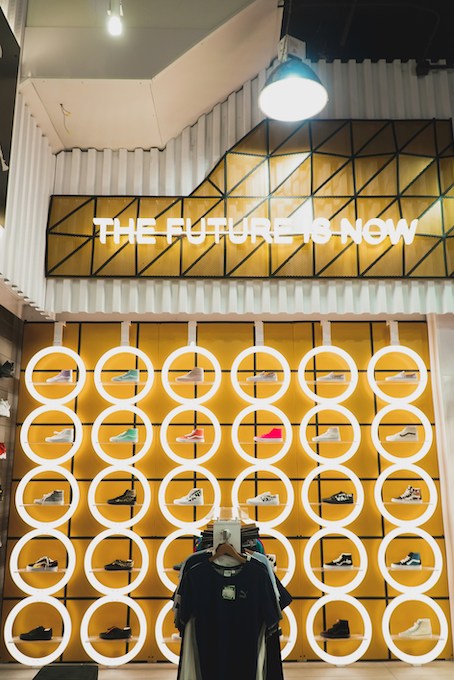Featured in

- Published 20240806
- ISBN: 978-1-922212-98-6
- Extent: 216pp
- Paperback, ePUB, PDF

Che Guevara is white and wearing a shirt
with his face on it, mansplaining Derrida or Adorno
a hat like your grandfather used to wear though at least
the man knew something about the great war [2]. This Che
hasn’t worked out how to borrow a book from the Baillieu yet
& his diary suggests a paranoid persona not a propensity
toward engines – see, he is trying to build something here
the exact proportions of which were lost with Da Vinci
or was it Dan Brown? Your dog, likewise, is a sommelier
of poop. Can snack twice on an idea of self but never
quite muster a technology. The part of the rewriting
in present tense hasn’t become present yet. Present
to self: presence. The sort of gift that keeps giving
you anxiety. Untangle a tongue, but still the memory
of knots. You are me are him, in a sense of difference
though there is nothing deferential about this. We both
hate him, hate you. Just join the environmental society
& hoon a cherry vape with someone just as old & stupid
as you will be. Imagine: dealing with humanity every day.
Imagine: people turn to you, gasp. Imagine: mansplaining
but this time end up with an abanico, a PowerPoint &
a briefcase. Imagine: the classroom gets that much
smaller and becomes an office.
Share article
More from author

Is poetry disabled?
In poetry’s capacity to self-define, to reject conventionality, to be in a constant state of flux and to hold the contradictory together in its granularity, it subverts formal systems of designation time and again. Poetry then avoids simple diagnosis, at least pre-emptively.
More from this edition

Joker in the pack
IntroductionStatus itself is a little like a riddle: a code to be cracked, a hand in which you can’t see all the cards. Unless you’re Batman, however, the stakes for solving riddles tend to be comfortingly low, whereas the pressures of deciphering status can occupy a far more consequential role in our lives (it’s all fun and games until somebody loses their cultural capital).

New shoes
FictionThis is where I work: the kind of sneaker store that stocks shoes with the names of famous American rappers or athletes. The kind of sneaker store with plywood everywhere and hip-hop and young staff who look like customers except for their fluoro lanyards. Tomorrow a famous American basketballer will drop his new line of shoes. At our morning catch-up, Corrine reads out a list of names. It’s the staff who have pre-paid for the shoes. I am on the list, and Jules and Ruby are too. Corrine reminds us that this is a ‘privilege’ for staff.

The great divide
In ConversationIn the ’80s, and maybe the early ’90s, fashion was a political statement just like art was…and real art wasn’t about selling out or succeeding in a mainstream context; it was the opposite. The whole idea was that you didn’t want to conform. Anyone who was trying to make money off your art or helping you make money was corrupt or compromised. The last thing you did as an artist or a writer in the ’80s was self-publicise – it was so naff, it wasn’t done. Street cred was what mattered. And I’ve been watching, with social media and the internet, this 180-degree shift over the last few decades.